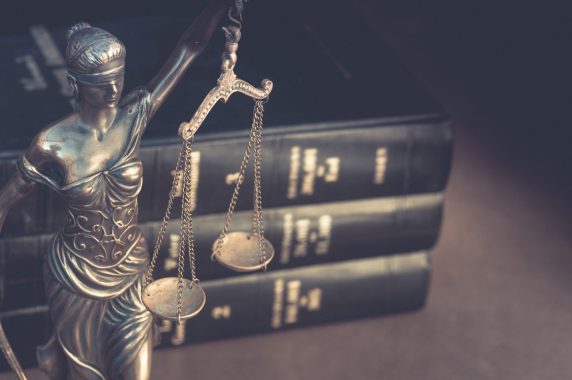GPs are right to be cautious about appraisal reflections


Reflective practice is the cornerstone of postgraduate medical education, although the term ‘reflection’ is often ill-defined in medical education literature, and reflective practice has not been shown to improve clinical outcomes for patients.
Despite this, the concept of reflective practice as part of professional development is now well established, and there is a good theoretical basis in most modern theories of learning.[1]
Professional regulators including the GMC require doctors to ‘regularly reflect on your standards of practice and the care you provide’, and educators to develop the reflective skills of medical students.
Recent events in the case of Dr Hadiza Bawa-Garba sent shock waves through the medical profession. While the GMC talks of encouraging learning from mistakes and the importance of a ‘just culture’, their actions have sent a very different message to the profession.
The GMC has worryingly said that third parties such as the Royal colleges may be required to disclose reflective documents
The involvement of criminal courts and gross negligence manslaughter laws in a complex case with multiple systems failings has significantly set back the patient safety agenda in the UK.
Dr Bawa-Garba made mistakes. She has always admitted to these, and apologised verbally and in writing. The Medical Practitioners Tribunal Service – set up by the GMC – felt that she had learnt from her mistakes and since the events in 2011, she had fully remediated.[3]
Despite this, the GMC used its recently granted power of appeal to overturn its own independent tribunal arm and seek punitive erasure of Dr Bawa-Garba from the medical register, a stance that its regulatory body, the Professional Standards Association, has said is ‘entirely without merit’.
Dr Bawa-Garba reflected extensively on the clinical care she gave. Documents containing her reflective comments were seen by a prosecution QC prior to his extensive cross-examination and therefore fed into the criminal court process. The GMC have stated that reflective practice was not used, and have issued a factsheet for the profession.[4] However, the Medical Protection Society, which previously represented Dr Bawa-Garba, has admitted that it ‘may well be the case’ that reflections fed into the trial.[5]
This debate has done nothing to reassure frontline doctors. The news that half of doctors have stopped or adapted their appraisal reflections in light of the case, as revealed by Pulse, is alarming – but understandable. When Dr Bawa-Garba wrote her reflective comments, she was not expecting this to be part of a criminal trial some five years later.
Royal colleges and Health Education England were quick to write to doctors to clarify that we should have no concerns about reflective practice, despite Academy of Medical Royal Colleges guidance reminding doctors that reflective documents are potentially disclosable to the courts. Similarly, the RCGP chair Professor Helen Stokes-Lampard wrote to all members highlighting the importance of reflection, while acknowledging GPs’ concern about the GMC’s handling of this case.
Yet when the Royal College of Paediatrics and Child Health sought to clarify the situation with the GMC, it was worryingly told that third parties such as the Royal colleges may be required to disclose reflective documents.[6]
Where does this leave us?
As an intensive care consultant and an educator, I firmly believe that we develop our judgement and clinical skills by reflecting on cases that went well, and on cases where we could have managed things differently. This must continue: future patient safety depends on us learning from mistakes.
Dr Bawa-Garba’s case has raised important questions that are now subject to a Government inquiry. I hope that an outcome of this is that documents produced with the intention of learning from mistakes will be subject to legal privilege, and not disclosable without the consent of the doctor.
Until such a time, doctors remain vulnerable. I would encourage GPs to:
– Reflect regularly, with colleagues that you trust
– Document very carefully: only write down what you would be happy to have read back to you in court
– Keep all reflections completely anonymous and generic
– Record what you learnt, rather than what you think you did wrong.
Reflection is important but be careful: what you say may be taken down and used in evidence against you.
Dr Jonathan Cusack is a consultant neonatologist at University Hospitals of Leicester NHS Trust and honorary senior lecturer at University of Leicester. Dr Cusack was formerly educational supervisor to Dr Bawa-Garba.
References
1. Sandars, J. The use of reflection in medical education: AMEE Guide No 44. Medical teacher 2009; 31: 685-695
2. General Medical Council. Good medical practice (2014)
3. Medical Practitioners Tribunal Service. Record of Determinations
4. GMC. Fact sheet: Dr Bawa-Garba’s case.
5. Dyer C and Cohen D. How should doctors use e-portfolios in the wake of the Bawa-Garba case? BMJ 2018; 360: k572
6. Royal College of Paediatrics and Child Health. News statement.









